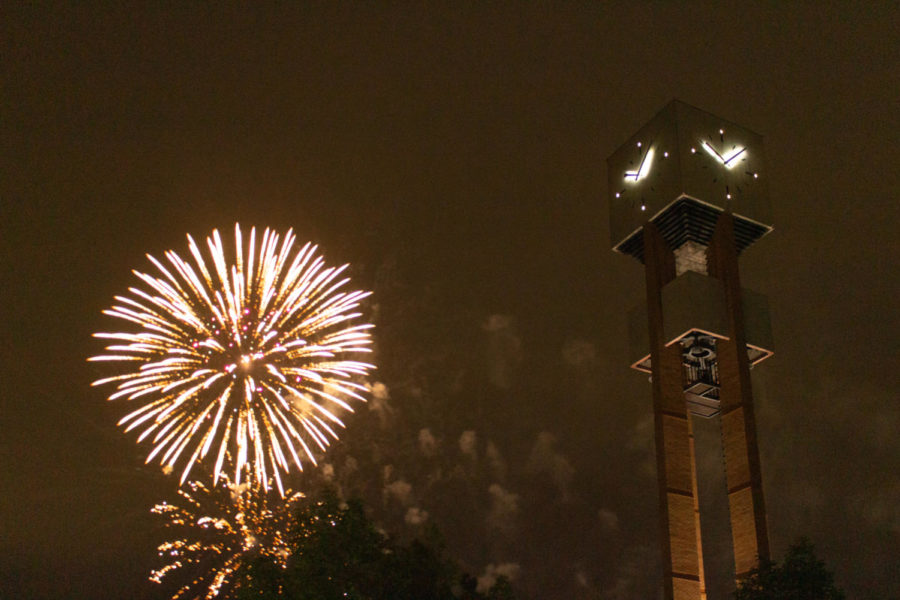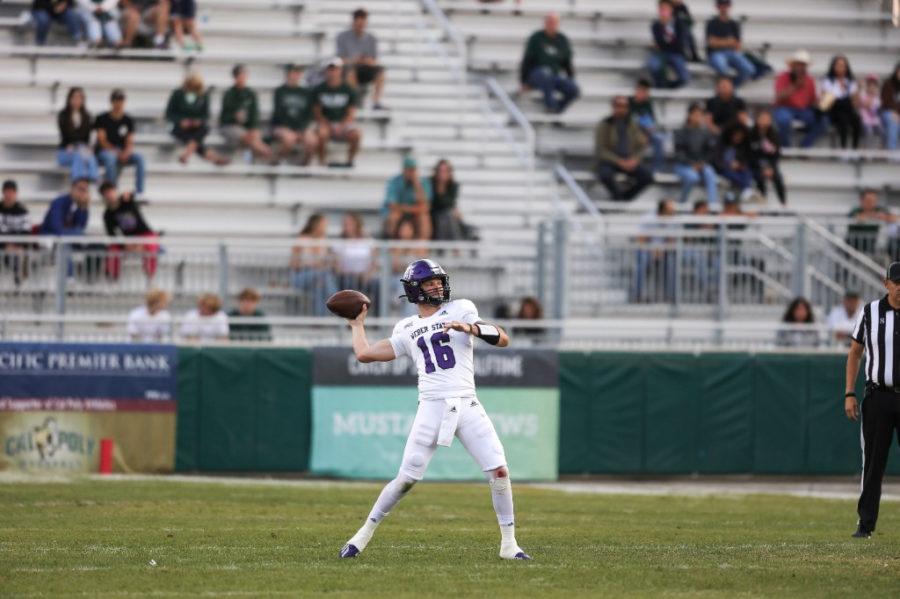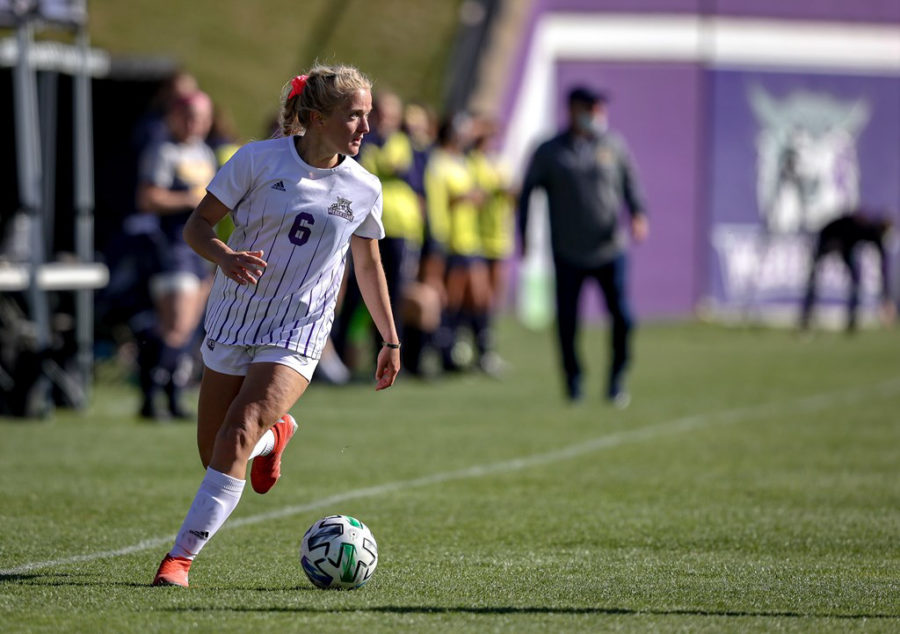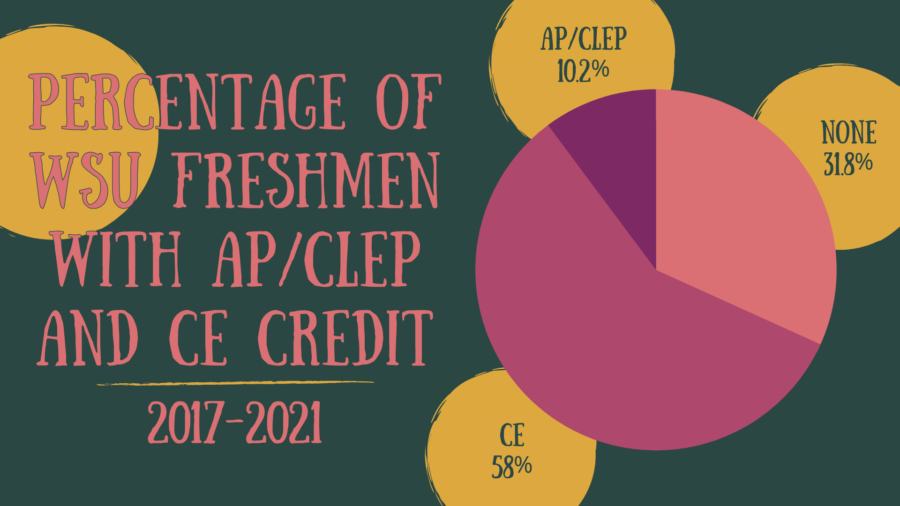The Honors Student Advisory Board led a panel discussion on Feb. 18 at Weber State University. Sally Cantwell and Dr. Mathew Nicholaou, along with professors Dan Bedford and Jose Otero, openly conversed about insights on the public opinion of science and alternative science and how to respond to beliefs contrary to traditional scientific methods.
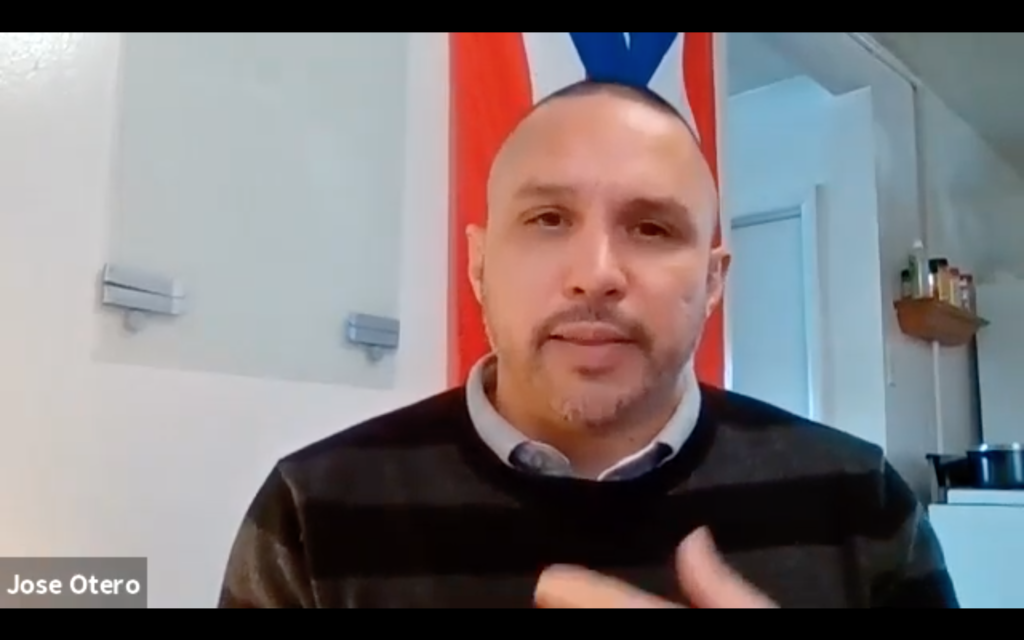
Nicholaou is the chair of the Department of Medical Laboratory Sciences and is currently working on COVID-19 testing at Weber. According to him, alternative science has become much harder to define. He also expressed that the idea of alternative science may mean that it’s simply “not common enough.”
“You have one that’s based on a series of scientific methods or repeatability and one that isn’t, but that’s not necessarily always true,” Nicholaou said.
Modern day technology has allowed for continuous streams of information to be readily available to everyone, in which claims related to alternative sciences — vaccination hesitancy, anti-vaxxers, flat-earthers and climate change deniers — have become much more prevalent.
As these claims filter through various online databases and into more communities, an increase in their believability may become much more common.
“You essentially see it wherever you are. It’s not consistent between people, but you’ve seen some amazing things happen with it, and sometimes that impacts change and sometimes it doesn’t. But when it happens, you haven’t been able to pull together a whole pilot group with some consistency,” Cantwell said.
Although, like science, Nicholaou suggests that those who make such claims also use a posed set of reasonings and logical progression system to make their decisions, and they must be determined by their testability and whether or not it “holds up to scrutiny.”
When comparing alternative science to traditional research practice, in order to prove them as factual based claims, they must be repeatedly examined and picked apart to determine their consistencies, testability and whether or not the results are always the same.
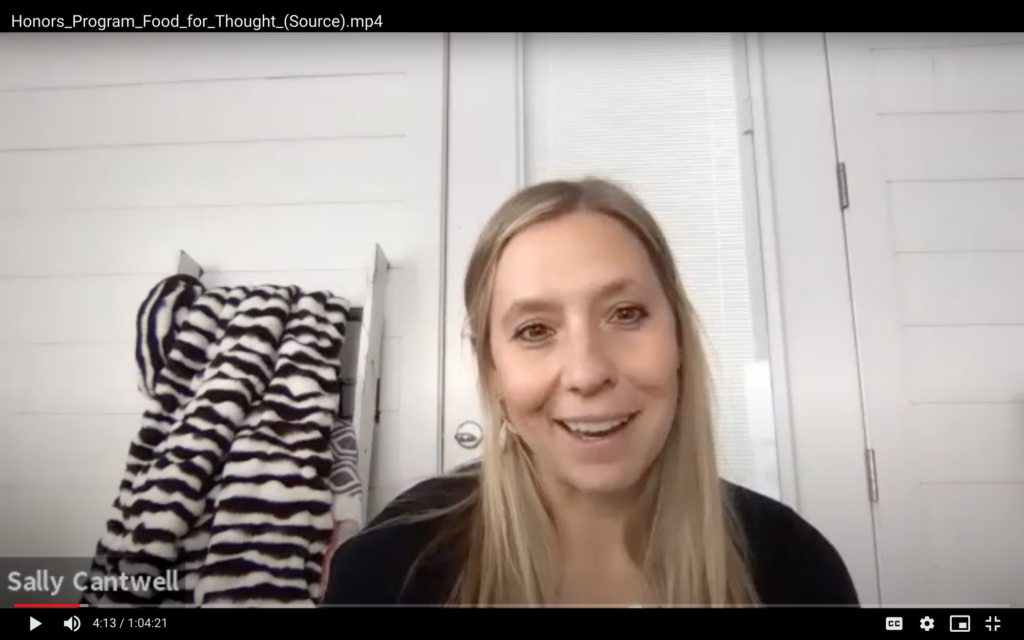
“That’s how we go about science,” Cantwell said. “We get an idea, we go through it, we build on it, and then come to a conclusion, then we test it over and over again.”
According to Otero, Assistant Director of Composition at Weber, alternative science is another way of knowing and that our understanding of traditional scientific methods is directly correlated to alternative science.
“Science is one way of knowing, it’s one way we understand the world and how it functions,” said Otero. “If you want to refute, say, the shape of the Earth, then you would be conducting science to refute it.”
However, regarding the use of alternative medicines, Otero suggests that healing practices on yourself or others outside of a traditional scientific method “shoots itself in the foot” by stating it’s contrary to science.
“This creates binary thinking and this sort of antagonistic relationship which isn’t really helpful for centering the main problem, and instead we’re choosing sides instead of focusing on what’s the best way to address this problem that we, as all human beings, do,” Otero said.
The panelists suggested that a clear indication in distinguishing between science and alternative science is to determine whether or not there are absolutes — or universally true claims without the need for fact-based evidence.
“We have to be careful, because rarely is there an absolute in anything,” Cantwell said. “That’s another word to be cautious of, and I’d would say that anyone who’s having a conversation with anyone about any topic and is speaking in absolutes is a dangerous path because there is always something that can be contrary. It’s a very interesting conversation practice to have.”














